Five free alternative office suites
Microsoft is set to unveil its own free Office suite as the competition catches up.


They're the workhorses of modern applications, the ones you couldn't get through your day without. But do we really still need to pay for office productivity suites?
Buying Word, Powerpoint and Excel from Microsoft still costs rather a lot - it's currently around 270 on Amazon.com for the standard version.
But you don't need to pay out, as there are free alternatives. And the competition must be worrying the Redmond giant, as it's set to release its own free, web-based apps alongside Office 2010 next year. (Click here for our review of the technical preview of the web-based Office.)
However, they've got some solid competition. Google Docs will see 30 to 50 updates over the next year, according to president of Google's enterprise division Dave Girouard, who claimed the tweaks will mean businesses can "get rid of Office if they chose to."
It's not just a Google vs Microsoft battle either. Here are our picks for five alternatives web based and otherwise to paying out for an office suite.
Google Docs
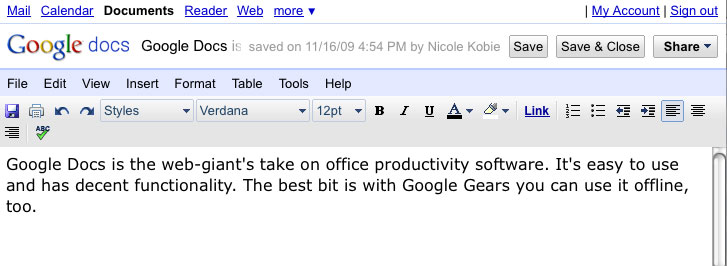
To start, there's web-based Google Docs. It offers a spreadsheet, word processor and presentation software, all free of charge.
Get the ITPro daily newsletter
Sign up today and you will receive a free copy of our Future Focus 2025 report - the leading guidance on AI, cybersecurity and other IT challenges as per 700+ senior executives
However, there are some security issues. Everything is saved on Google's servers, which might not bother you, but data has been leaked before. As it's web-hosted, access could be a problem if the system fails which it has for Gmail.
On the upside, Google Docs are accessible from mobile handsets and thanks to Google Gears can now even be used offline.
Google Docs' biggest selling point price aside is collaboration. Documents are easily shared, and can be we worked on at the same time by users, with changes reflected in real time. In addition, your documents are available on any PC with internet access.
Google Docs are already in use by one in five businesses. Though that's presumably in addition to other office suites.
Open Office
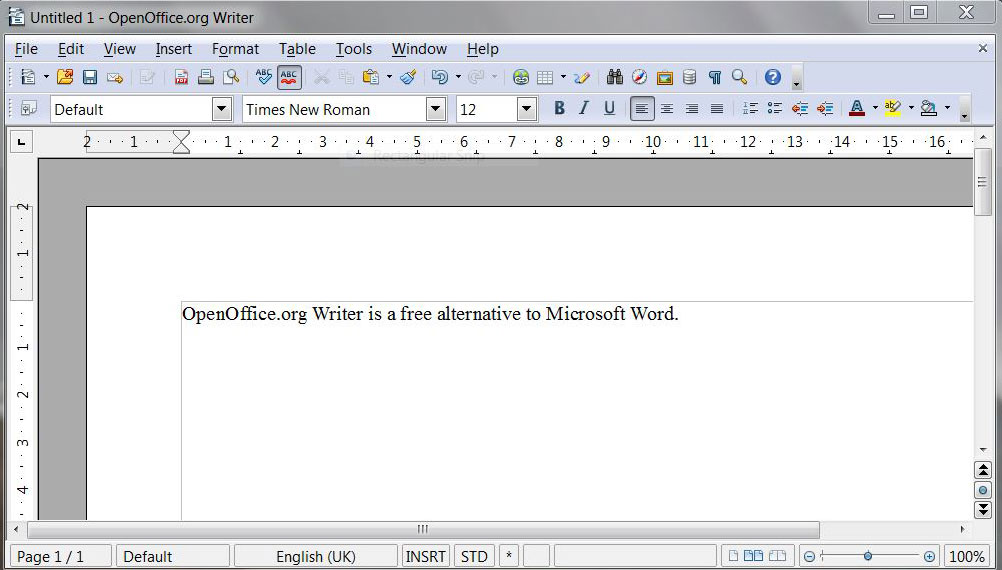
This is Microsoft's biggest competition, though it might not be reflected in user numbers. While OpenOffice.org 3 just saw its 100,000,000th download, it has about 13 to 14 per cent of market share on Windows desktops, with Office holding 95 per cent. Obviously some are using both.
Technically called OpenOffice.org for patent reasons the suite was developed off the back of StarOffice, bought by Sun Microsystems in 1999. So it's been around for a while, to say the least.
Freelance journalist Nicole Kobie first started writing for ITPro in 2007, with bylines in New Scientist, Wired, PC Pro and many more.
Nicole the author of a book about the history of technology, The Long History of the Future.
-
 Should AI PCs be part of your next hardware refresh?
Should AI PCs be part of your next hardware refresh?AI PCs are fast becoming a business staple and a surefire way to future-proof your business
By Bobby Hellard Published
-
 Westcon-Comstor and Vectra AI launch brace of new channel initiatives
Westcon-Comstor and Vectra AI launch brace of new channel initiativesNews Westcon-Comstor and Vectra AI have announced the launch of two new channel growth initiatives focused on the managed security service provider (MSSP) space and AWS Marketplace.
By Daniel Todd Published
-
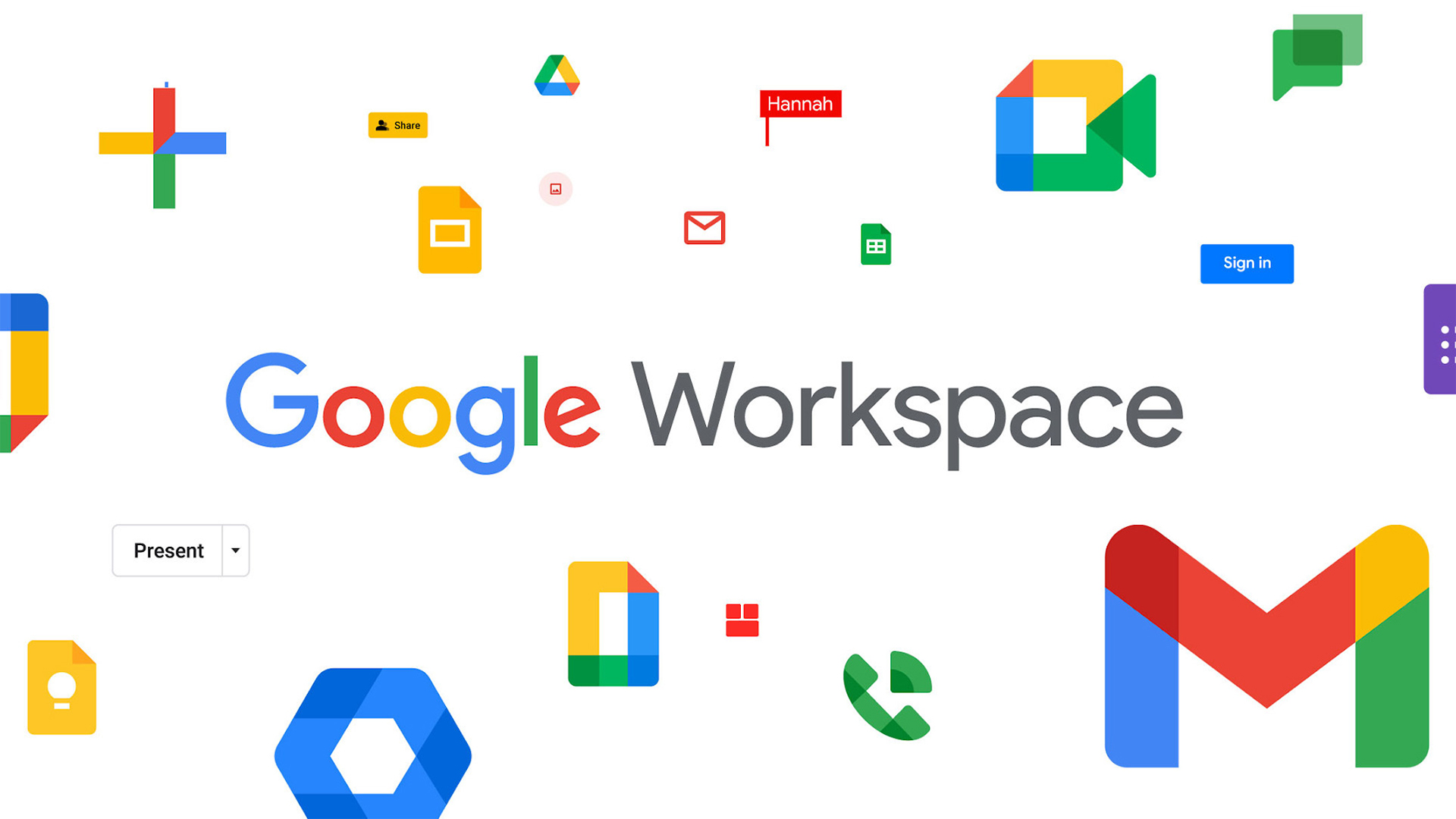 Google Workspace is getting a Gemini makeover – but prices are going to increase
Google Workspace is getting a Gemini makeover – but prices are going to increaseNews The new pricing structure may help Google boost competition with Microsoft
By George Fitzmaurice Published
-
 Zoom wants to take on Google and Microsoft with its own Docs
Zoom wants to take on Google and Microsoft with its own DocsNews Zoom Docs arrives loaded with generative AI – and the company hopes to mount a serious challenge against industry heavyweights
By Nicole Kobie Published
-
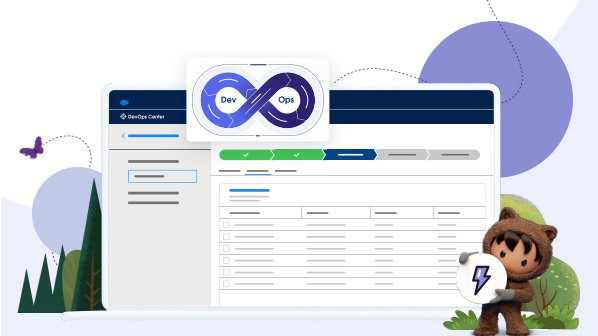 A DevOps guide to the Salesforce platform
A DevOps guide to the Salesforce platformWhitepaper Learn how to ship code faster, safer, and with agility.
By ITPro Published
-
 Developers: ‘Don’t interrupt us if you want better collaboration’
Developers: ‘Don’t interrupt us if you want better collaboration’News Fostering closer collaboration can sometimes require a hands-off approach to work, GitHub found
By Ross Kelly Published
-
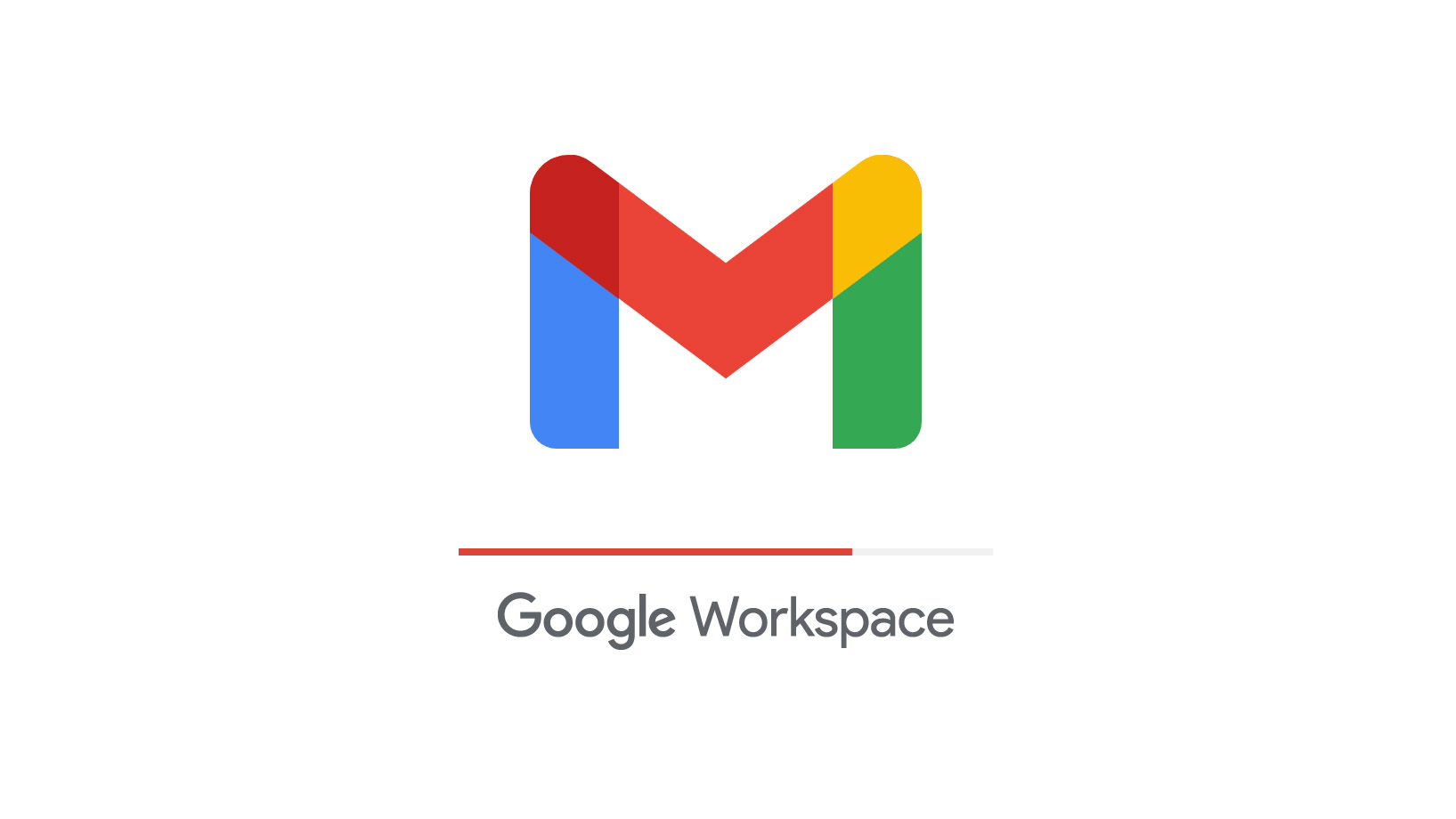 Google Workspace Review: A simple aesthetic with productivity in mind
Google Workspace Review: A simple aesthetic with productivity in mindReviews From free to enterprise, Google’s ever-popular productivity suite has a range of tiers and functions for all sizes of business
By Ross Kelly Last updated
-
 Android adds drag and drop features to tablet OS
Android adds drag and drop features to tablet OSNews Share text, images and links across Drive, Docs, Sheets, Slides and more in split screen mode
By Bobby Hellard Published
-
 Google Workspace update adds Meet calls to Docs and Sheets, chat threads to Spaces
Google Workspace update adds Meet calls to Docs and Sheets, chat threads to SpacesNews Update aims to addressed 'top requested' features from enterprise customers
By Bobby Hellard Published
-
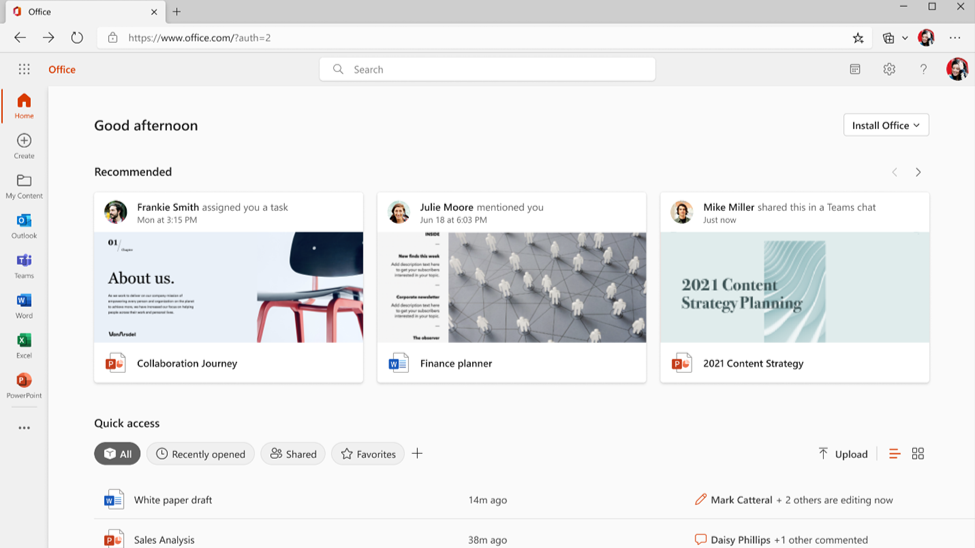 Microsoft revamps Office website for business and school users
Microsoft revamps Office website for business and school usersNews Customers will see new personalization and content creation features this week
By Danny Bradbury Published